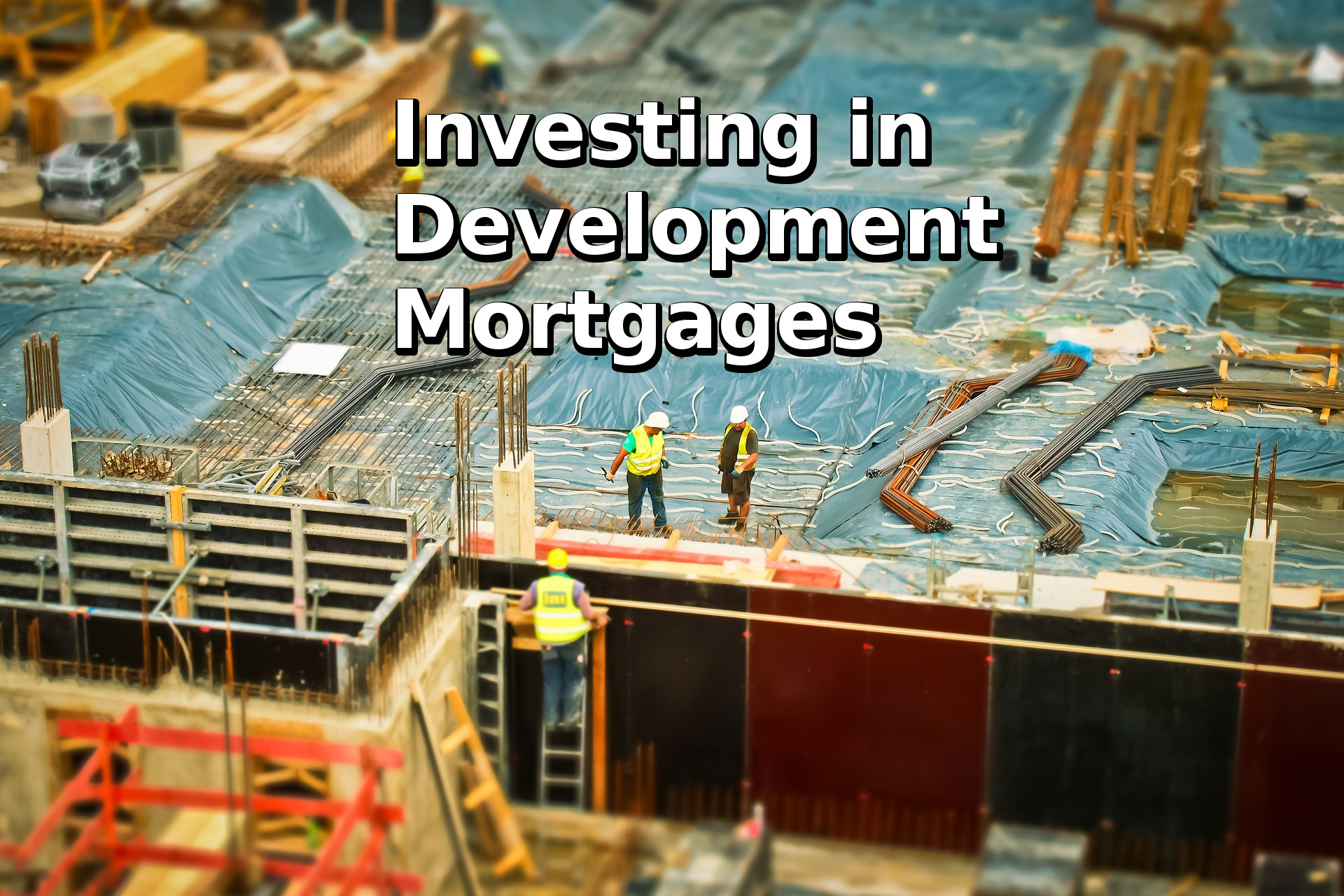
Investing in Development Mortgages? How to avoid the risks
Development mortgages and syndicated mortgages are complicated. The returns look good from the outside but the question is, should you be investing?
In 2004 the Ontario Ministry of finance stated, “SYNDICATED MORTGAGES ON COMMERCIAL PROPERTIES CAN BE RISKIER INVESTMENTS THAN MORTGAGES ON SINGLE-FAMILY RESIDENTIAL PROPERTIES.”
In other words, the Ministry of Finance was saying that development mortgages were not suitable investments for small investors because of their risk.
Evaluating a borrower’s ability to meet the mortgage payments takes a certain level of skill. It may depend on the use of the property and a successful commercial business. Syndicated mortgages have complex legal structures and complex documentation. Investors in these types of investments have less direct control over the investment. Working with an experienced developer mitigates a lot of these risks.
Evaluating these risks is very important. Consider the risks and know there is a potential for a loss.
Thirteen Development Mortgage Risks to watch out for
- If zoning is not in place, there is a risk the project may not be re-zoned and this could lead to a huge loss
- If zoning is in place and there is no building permit there could be changes required to obtain it which could affect the time-line and thus the profitability of the development. Leading to a loss.
- Generally seventy percent pre-sales are required for projects. If there are insufficient pre-sales, it can make it difficult to obtain construction financing and there could be a loss.
- If the project takes longer than anticipated for pre-sales then the profitability could be affected and there could be a loss
- If the construction takes longer than anticipated or there are cost overruns then profitability could be affected and there could be a loss
- If the quality is not there and there are high deficiencies then profitability could be affected and there could be a loss
- Negative changes to the economy may make the tier one banks nervous and hold off on financing. Alternative lenders for construction financing have higher costs and higher interest rates which can affect profitability and there could be a loss
- Developments take three to five years to complete. Things like: changes in the economy, banks changing lending policies, changes by the government, increases in mortgage rates or changes to down payments requirements. We do not have a crystal ball to tell if ANY of these will be a factor in three to five years out. This can cause some purchasers or tenants unable to complete the transactions which could affect profitability and cause a loss
- Developments require various types of financing at different stages. There is no guarantee that that the developer could find financing for the later stages of the development. If the project were to go bankrupt, creditors would be first in line to be repaid, and you may get nothing back. If this happens then there could be a loss
- Investors hold a mortgage that could postpone the construction financing. If the development does not proceed then there could be a loss
- If part of the funds that investors are investing are used to pay them their interest payments, then the developer has little skin in the game and there could be a loss
- The initial investors want to get paid out when the mortgage matures. There is a risk that the investors may not be repaid if the development is not completed on time. The mortgage will need to be extended and the developer may not have the funds for the mortgage payments until the development is completed. There could be a loss.
- If the developer gets into financial trouble, it could be bought out or sit in a development limbo for years. then there could be a loss.
In other words, development mortgages are high risk investments.
So, before investing in development mortgages you need to get an opinion of value to make an educated decision.
What is an Opinion of Value?
An opinion of value is an appraisal that gives you the fair market value (FMV) of the property as of a specific date based on comparable sales. Without similar recent sales, the appraiser makes assumptions as to the FMV. When Investing in development mortgages, the investor needs to determine how the appraiser came to the FMV and reason whether the assumptions used were valid.
The Opinion of Value then is the task of determining how a project will likely turn out.
Opinions of value on development projects will be based on the projected end value (two to five years down the road) and you subtract various costs which include:
- Construction costs
- Financing costs
- Marketing costs
- Sales commissions
- Building permit fees
- City and municipal fees
- HST
- Legal fees
- Management fees
- Contingencies etc.
The result is residual value of the project which includes the land and the profit. Now it is important to note, the opinion of value is a theoretical future value and not todays fair market value of the land.
Should you invest your RRSP / TFSA in development mortgages?
Trust companies administer self-administered plans and put the responsibility in the investor to do their due diligence and make sure the mortgage is a “qualified investment.”
To play in this game you need to know the rules. The CRA requires mortgages to be qualified investments, with the loan to value to not exceed 100% of the fair market value as the CRA sees it. Just because there is an appraisal that shows the FMV higher does not mean the CRA must accept it. If this happens the onus is on the investor to prove the CRA wrong. This can be costly. So, keep this in mind when looking at appraisals and don’t invest above 90%-95% of the FMV. The CRA has the last say for what categories you and your investments fall under.
You don’t want to have to pay 50% of the amount invested if it turns out the investment is non-qualified.
Can you imagine if you lost money on the investment and had to pay the 50% tax as well!
In summary, development mortgages can have great returns but as an investor it is important for you to consider the inherent risks and experience level of the developer. Do your due diligence and you can see massive gains.
That’s it for this week.
As always Remember,
The Perfect Lifestyle Is Up To You!
